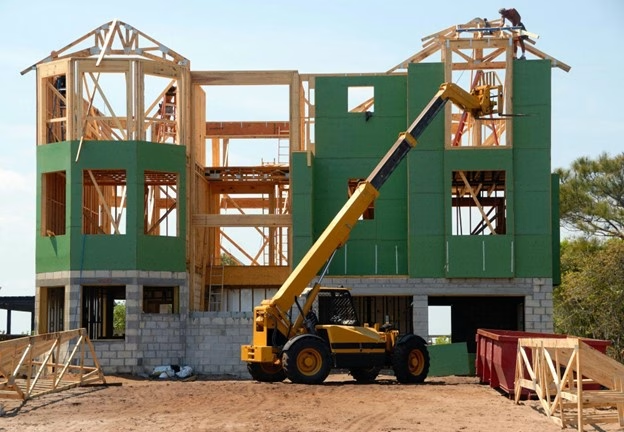The Messy Reality of Construction Management
Running a construction business is not for the faint-hearted. There are too many moving parts. Jobs shift every day, deadlines tighten without warning, and workers juggle countless tasks on-site. Many companies still try to handle all this with paper forms or spreadsheets. That approach once worked fine. Now it’s more of a burden than a solution. Modern projects need faster coordination, smoother communication, and tighter control over every step. That’s where field service CRM becomes the game-changer. It turns scattered tasks into an organized system and makes the daily grind feel far less chaotic.
Moving Past Outdated Tools
Spreadsheets look simple. They feel safe because everyone knows how to use them. But they create problems that are easy to overlook. They don’t update in real time. They get messy when too many people make changes. They also hide errors until those errors become costly. Paperwork is even worse. It slows down communication and gets lost far too often. A field service CRM replaces those outdated tools with a single, structured platform. Everything from scheduling to client info stays in one place. Managers can track what’s happening without digging through piles of files or email threads.
Turning Chaos into Order
Construction work moves fast. One delay can affect the whole schedule. Miscommunication between the office and the field can ruin weeks of planning. A field service CRM keeps everyone on the same page. It connects teams through shared data, so updates appear instantly for everyone. If a delivery changes or a task is completed, the system shows it in real time. That kind of visibility makes decisions faster and more accurate. It also cuts down on misunderstandings, which saves time and money.
Empowering Field Teams
The crew on the ground needs clear instructions and quick access to details. They don’t have time to call the office for every question. A field service CRM puts everything they need in their hands. It can show job notes, client requests, site photos, and task lists on mobile devices. Workers can update their progress from anywhere. Managers can see what’s happening without waiting for end-of-day reports. That level of connection builds trust and reduces delays caused by confusion or missing info.
Improving Client Communication
Clients expect updates. They want to know where the project stands and what’s coming next. Old systems make that hard because the data is scattered and slow to access. With a field service CRM, sharing information becomes easy. Teams can send progress updates, schedule changes, or issue notices directly through the system. Clients stay informed without needing constant phone calls. That transparency builds stronger relationships and helps companies earn repeat business.
Tracking Every Detail Without the Stress
Construction jobs involve many tasks, documents, and moving pieces. Permits, contracts, change orders, and inspection records all need careful handling. Paper filing systems and spreadsheets make tracking these items stressful and unreliable. A field service CRM stores every detail in a structured way. Nothing gets lost, and everything is searchable in seconds. Teams can pull up records on-site or in the office. That reduces legal risks and makes compliance checks smoother.
Boosting Profitability and Efficiency
Better organization leads to better profits. When time isn’t wasted on duplicate work or searching for information, teams get more done. A field service CRM also helps managers see where money is going. It can show how long tasks take, how resources are used, and where delays happen. That insight helps improve future planning and reduces costly mistakes. Even small improvements in workflow can make a big difference in project margins.
Future-Proofing the Business
Construction is changing. Clients expect faster results, tighter budgets, and flawless communication. Companies that rely on paper and spreadsheets will struggle to keep up. A field service CRM prepares them for the future by creating a scalable system that grows with their business. It supports larger projects, more teams, and complex workflows without falling apart. Most importantly, it keeps companies competitive in a market where efficiency and responsiveness make or break deals.
Final Thoughts
The construction industry is fast-paced, high-pressure, and constantly shifting. Old tools simply don’t cut it anymore. A field service CRM isn’t just a piece of software. It’s the backbone of a smarter, more organized, and more profitable operation. It takes the stress out of coordination, keeps teams connected, and turns chaotic projects into smooth, predictable workflows. For construction firms ready to move beyond paperwork and spreadsheets, this technology is no longer optional — it’s essential.

